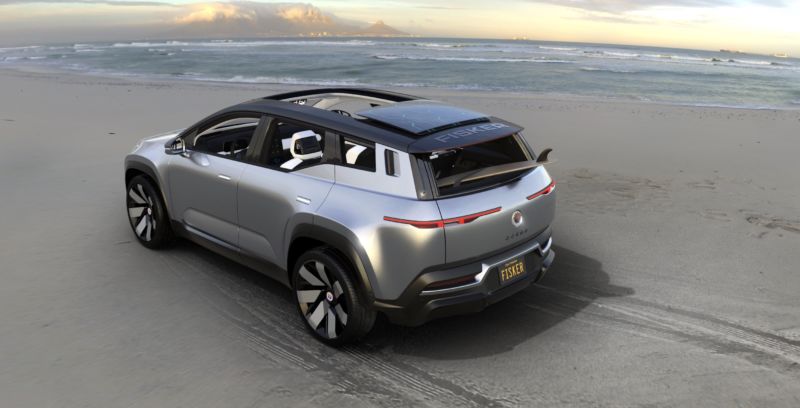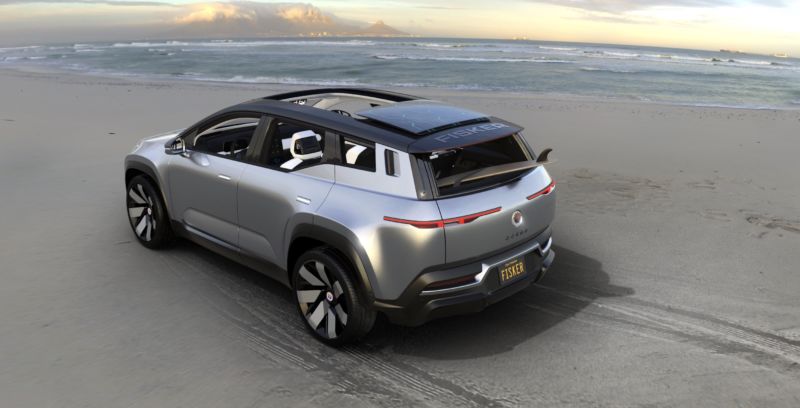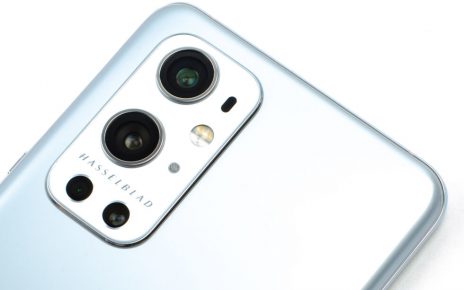
Enlarge / Fisker now has a market cap of $4.1 billion thanks to a SPAC reverse merger in 2020. It says that the Ocean SUV will be the most sustainable vehicle ever sold. (credit: Fisker)
With technology disrupting the automotive industry, investors have raced to secure exposure to potential winners—whether battery makers, manufacturers of other forms of power storage or developers of the “lidar” sensors that some believe are key to the development of self-driving cars.
Yet, according to a Financial Times analysis, the nine auto tech groups that listed via a special-purpose acquisition company (SPAC) last year expected revenues of just $139 million between them for 2020. They include QuantumScape, a battery company backed by Bill Gates and Volkswagen; the hydrogen truck start-up Nikola; and the lidar company Luminar Technologies.
While the past 12 months proved a hot market for tech groups doing conventional IPOs, bankers and lawyers say that the SPAC process gives companies—and the vehicles acquiring them—far greater latitude in disclosing future financial projections. The nine auto tech companies, for example, together predict their revenues will reach $26 billion by 2024.





